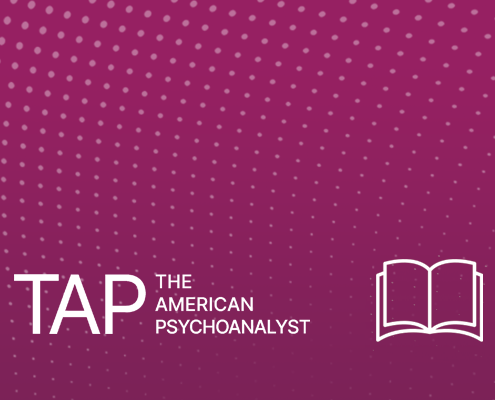In this era of increasing recognition that most individuals who enter our consulting rooms are struggling with symptoms that mark developmental impasses, we encounter bright individuals who appear to have the capacity for reflective thought but there is often insufficient grounding in integrating thoughts and feelings to learn from experience. In that context, adaptive efforts that fail to resolve the underlying dilemma tend to become addictive. Such difficulties have been traced to inconsistent parenting that leaves the child insufficiently able to mindfully attend to internal and external cues, impeding the symbolization of experience so essential for interpersonal communications and relationships.
From this perspective, eating disorders become addictive because the behaviors cannot resolve the underlying deficits. These deficits can be traced to parental failures across the generations that cannot be recognized and worked with, leaving subsequent generations inhibited in the development of self-regulatory functions and the progressive differentiation of self from other so crucial to maturation. Eating disorders mark early disturbance in relation to what it means to take in and make use of what is offered by another. We will note commonalities and differences in the anorexic versus the bulimic dilemma, recognizing that each position may be seen as a waystation along the road to self-development in relation to overly intrusive and/or neglectful parents. Explorations into the metacognitive and affective difficulties associated with eating disorders can provide useful anchors for our efforts to create space for development in our consulting rooms. Case examples will explore some of the dynamics underlying such difficulties and the value of interactive modeling of reflective capacities and of creative, playful engagement in effecting change.
Marilyn Charles, PhD, ABPP is a psychologist and psychoanalyst at the Austen Riggs Center, Chair of the Association for the Psychoanalysis of Culture and Society (APCS) and Scholar of the British Psychoanalytic Council. Affiliations include Chicago Center for Psychoanalysis; Universidad de Monterrey; Boston Graduate School of Psychoanalysis; and Harvard Medical School. A contributing editor of Psychoanalysis, Culture, and Society, she is actively engaged in mentoring and promoting socially relevant research. Research interests include creativity, psychosis, resilience, reflective function, and the intergenerational transmission of trauma. Marilyn is also an artist, a poet, and a writer.
Books include Patterns; Constructing Realities; Learning from Experience; Working with Trauma; and Psychoanalysis and Literature. Edited volumes include Introduction to Contemporary Psychoanalysis; Fragments of Trauma and the Social Production of Suffering (with Michael O’Loughlin); Women and Psychosis and Women and The Psychosocial Construction of Madness (with Marie Brown); and The Importance of Play in Early Childhood Education (with Jill Bellinson). Forthcoming from APA Press: Trauma, Development, and Identity: A Clinician’s Guide.




